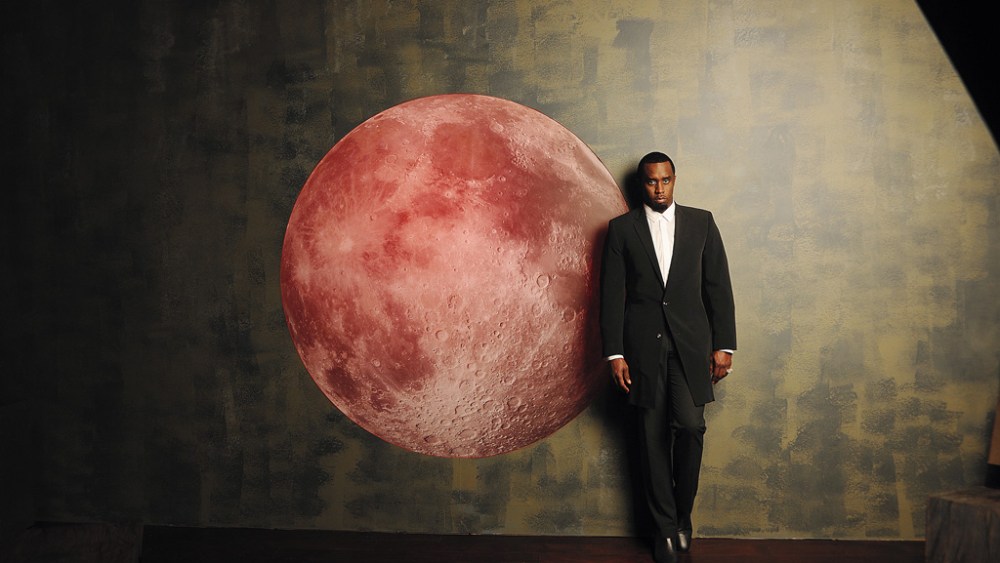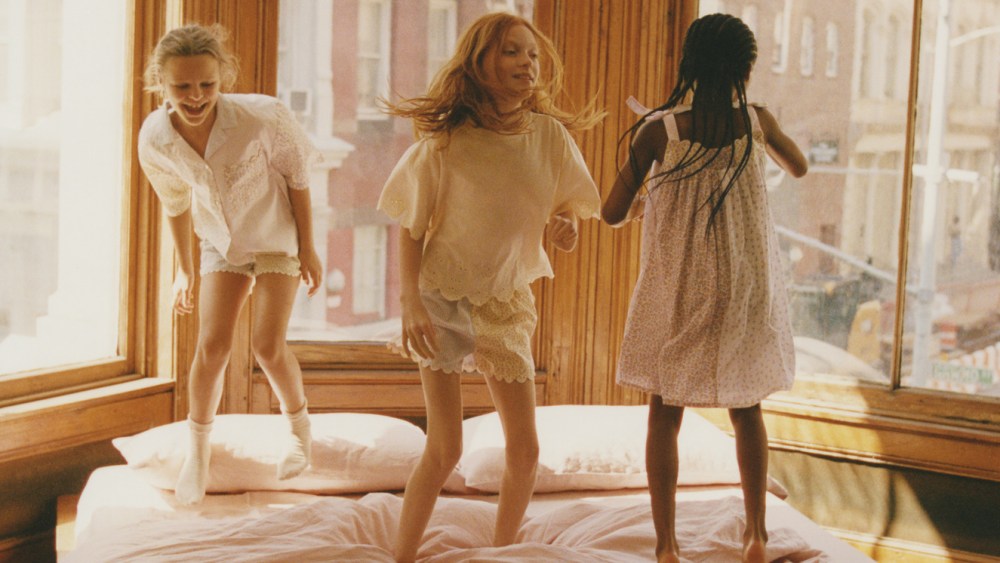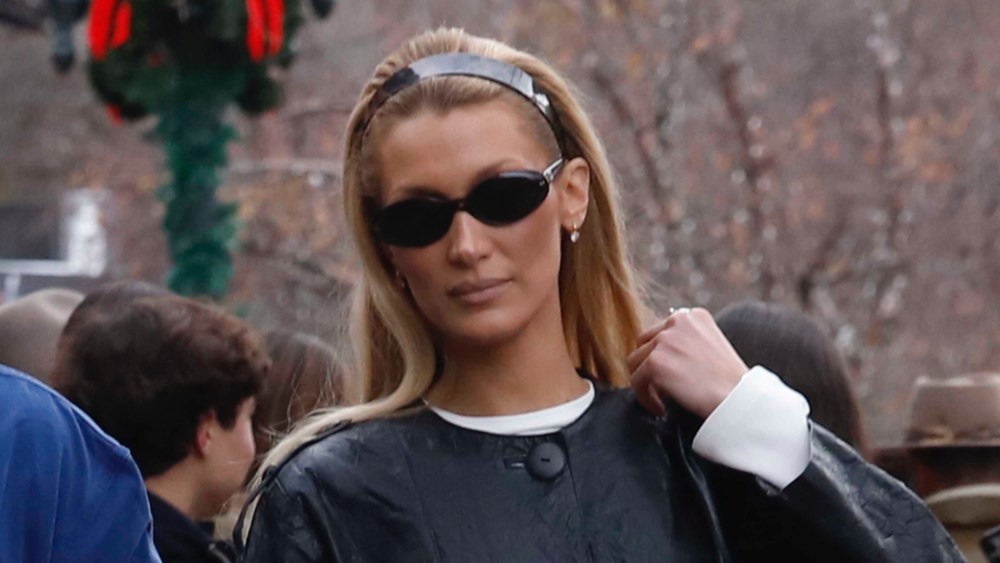The trial of Sean Combs won’t get underway until May, but armchair detectives have plenty of podcasts, news specials and docuseries to tune into to learn more about the fallen music mogul and some of the allegations that he is facing.
The latest addition to this burgeoning sector is Maxine Productions’ “The Fall of Diddy,” which will debut on Investigation Discovery on Jan. 27. The multi-part docu-series will feature some boots-on-the-ground reporting through a partnership with Rolling Stone Films. It joins a field of Combs-related content that has been produced by The Daily Mail, TMZ, BBC Sounds, and ABC News, among other media outlets that are amping up coverage of his legal problems.
Combs, who was arrested in September and indicted by federal authorities in New York for allegations of a litany of sexual crimes, is facing charges of racketeering conspiracy, sex trafficking and prostitution. The 55-year-old multi-Grammy winner and Sean John clothing label founder is facing more than two dozen lawsuits and accusations of rape, sexual assault and drugging some victims.
You May Also Like
Combs, who has denied any wrongdoing, is being detained in the same federal prison as Luigi Mangione, the suspect in the fatal shooting of UnitedHealthcare’s Brian Thompson, and Sam Bankman-Fried, the crypto mogul convicted of fraud. The sexual crimes that he is facing are said to date back at least to 2008. He remains in jail after bail was denied following bail hearings by three different judges.
In response to the flurry of Combs-driven specials, his legal team said earlier this month, “These documentaries include unchecked claims and provide platforms for baseless conspiracy theories without accountability or evidence.”
“The Fall of Diddy” features more than 30 interviews from a wide range of individuals, including those who have accused Combs of abuse, as well as former friends, colleagues and former staffers, who worked inside his home. It highlights allegations of violence and anger from individuals who knew him at different points in his life – as a student at Howard University, as an up-and-coming connector at Bad Boy Records and at the pinnacle of his fame.
Viewers will see insights from Vibe magazine’s former editor-in-chief Danyel Smith, who speaks of the alleged violent behavior that she faced from Combs, and the musician’s former “Love” album producer Rodney ‘Lil Rod’ Jones, who accuses Combs of sexual harassment. Another accuser, Thalia Graves, claims that Combs violently raped her in the summer of 2001 and threatened her into silence. And an ex-driver for the music magnate Wardel Fenderson alleged that he tried to bribe him. A childhood friend, Tim Patterson, shares details about Combs’ upbringing and a former bodyguard, Roger Bonds, shares some of his experiences. In addition, there are insights from Rev. Conrad Tillard, who advised Moses “Shyne” Barrow, when Shyne, Combs and Anthony Jones were on trial for a nightclub shooting. In 2001, Shyne was convicted of assault and unlawful possession of a weapon, and was sentenced to 10 years in prison.
Given all the Combs-related content, one might wonder if he can get a fair trial. Susan Scafidi, founder of the Fashion Law Institute at Fordham University, noted how engrained celebrities are in our lives. “We listen to their music, watch them win awards, gossip about their romantic entanglements, and wear their clothes. We’re also eager to look behind the scenes, and when the curtain is pulled back to reveal allegations of misconduct, we continue watching in horrified fascination,” she said. “Prosecutors must prove crimes beyond a reasonable doubt, and present evidence methodically and according to strict rules of admissibility. A documentary, by contrast, can turn the most extreme accusations and denials into entertainment.”
She added, “Every media report, from the most impartial to the most partisan, risks influencing potential jury members, but ultimately the process of impaneling a jury is designed to weed out bias, and jurors will likely be instructed not to credit reports they have already seen or to watch further coverage. The greater issue in a celebrity trial may be the effect on the public at large. If we’ve watched enough to think that Diddy did – or didn’t – do it, then a verdict contrary to our assumptions may undermine our belief in the justice system.”
Loyola Marymount University Law School Prof. Stanley Goldman offered another view about the podcasts, news specials and docuseries. “Yes, it’s very damning. Juries aren’t supposed to know too much about the defendant and what he is charged with or else they will be theoretically excluded from the jury by the judge or the defense,” he said.
Goldman also flagged how Combs had years of good publicity and a fan base, which might work to his advantage. “First impressions are important,” he added.
And the attorney raised the subject of just how informed the public might be. Goldman said, “‘I read a story a few weeks ago that one of the most asked questions of Google the day before the presidential election was, ‘Is Biden still running?’ In other words, it’s unbelievable how many people don’t watch or listen to the news.”
Kent State University’s professor of criminology Hedi Nasheri noted that human interest in mysteries, sex, bizarre circumstances and famous or powerful people dates back to the invasion of England by William the Conqueror in 1606. Referring to Combs, she said, “This case like many before has some combination of [alleged] sex, violence and celebrities. That is all the public needs to tune in.”
Technology only fuels such interest and widens the audience, according to Nasheri. “There’s no question that the [high-profile] trials are entertaining and profitable for TV executives and producers. Publicity makes it hard for a defendant to get a fair trial. It remains to be seen whether or not he will get the benefit of his constitutional rights in his criminal proceedings,” she said.



